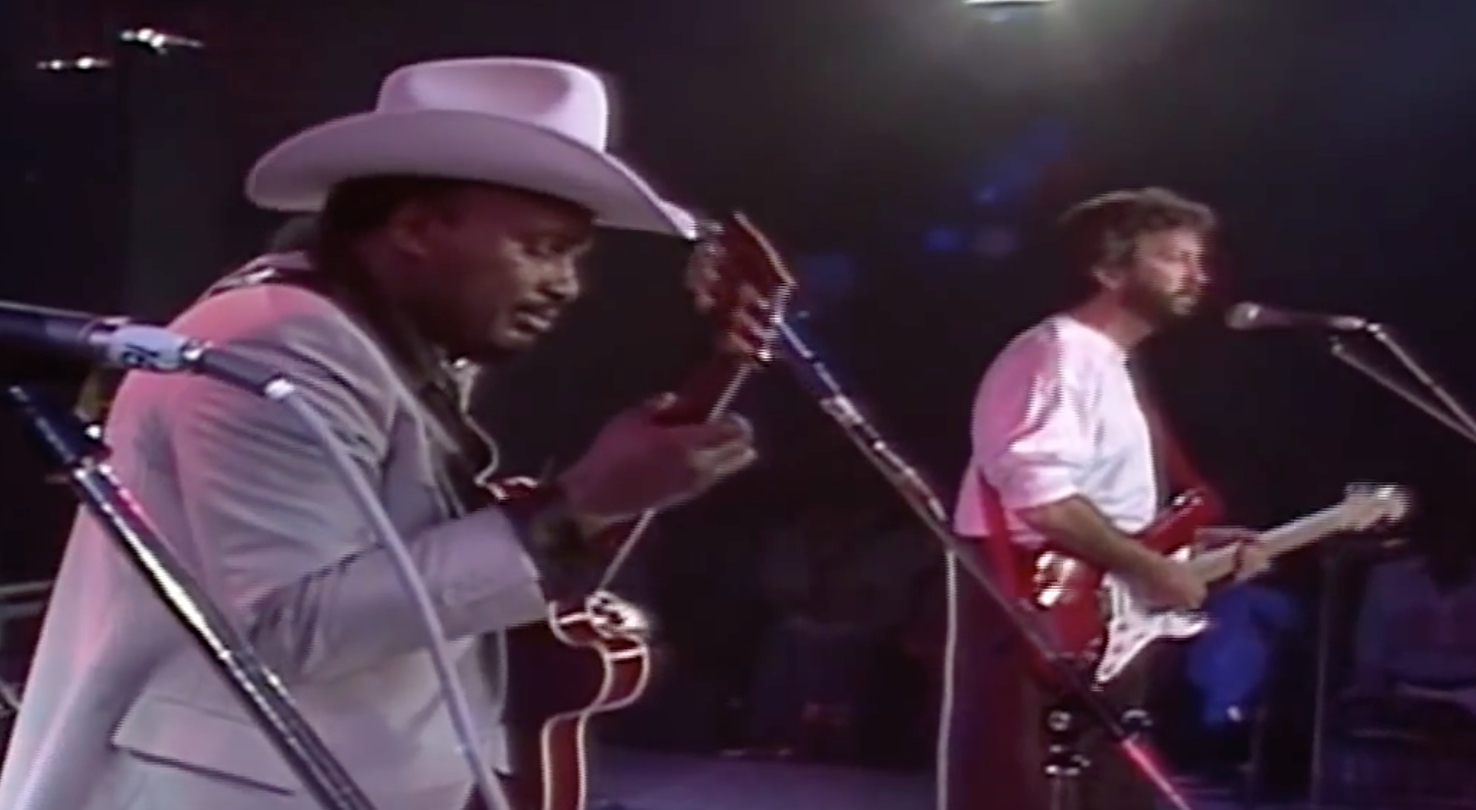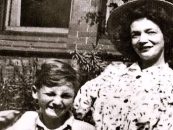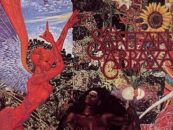Otis Rush, Chicago Blues Guitar Master, Dead
by Best Classic Bands Staff
Otis Rush, performing with Eric Clapton, in 1986
Otis Rush, the masterful blues guitarist, and a huge influence on the Rolling Stones, Eric Clapton and Stevie Ray Vaughan, died September 29 of complications from a stroke that he suffered in 2003. His death, at 83 – some reports have him at 84 – was announced by his wife, Masaki Rush, on his website. Upon hearing the news, guitarist Joe Bonamassa praised Rush: “Rest in Peace to one of the greatest ever and one of the last of the true masters. Otis Rush, we all owe you a debt of gratitude.”
Known as a key architect of the Chicago “West Side Sound,” the left-handed Rush exemplified the modernized minor key urban blues style with his slashing, amplified jazz-influenced guitar playing, high-strained passionate vocals and backing by a full horn section. Rush’s first recording in 1956 on Cobra Records, “I Can’t Quit You Baby,” reached #6 on the Billboard R&B chart and catapulted him to international acclaim. He went on to record a catalog of music that contains many songs that are now considered blues classics.
From his website: Rush was born in Philadelphia, Mississippi, in 1935 and began playing the guitar at the age of eight. Moving to Chicago in 1949, he was introduced to the more urban sounds of the blues. He made the decision to become a performer after he saw Muddy Waters for the first time and his impact on the local scene was immediate. His sophisticated approach to the blues won the admiration of his peers, who sought to emulate his playing. The list of artists he influenced is long. Stevie Ray Vaughan named his band Double Trouble after a Rush composition.
From 1956 to 1958, he wrote and recorded for Cobra the minor key masterpiece, “Double Trouble,” as well as “My Love Will Never Die,” “Three Times a Fool” and “Keep on Loving Me Baby.” From there he moved to the Chess and Duke labels.
Watch Rush perform “Double Trouble” with Eric Clapton
After many years out of the limelight, he returned in 1994 with the acclaimed album Ain’t Enough Comin’ In for Mercury Records. In 1998, he finally earned his first Grammy Award for Best Traditional Blues Album for Any Place I’m Goin’.
Rush was elected to the Blues Hall of Fame in 1994.







No Comments so far
Jump into a conversationNo Comments Yet!
You can be the one to start a conversation.